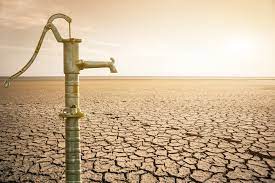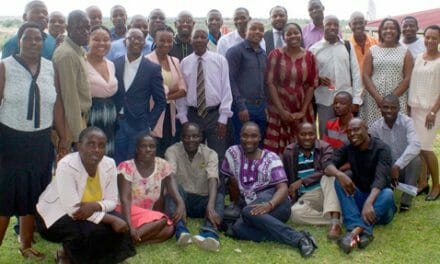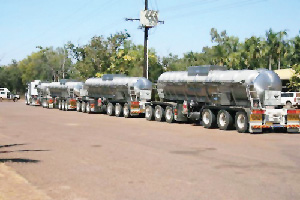
City of Windhoek enforces water restrictions

The City of Windhoek has enforced water restrictions on residents in an attempt to reduce water demand by 10%.
The municipal authority at their Ordinary Council Meeting held last week declared that the water situation has reached Category C, which is water scarcity going forward.
They explained that the impact of this water demand management category on residents is that, gardens may only be watered two times a week, vehicles may only be washed using buckets no hand-held hose pipes and swimming pools should be covered with pool covers at all times.
“No water features such as a fountain is allowed, water reuse is encouraged where possible, four block water tariffs must move to a lower volume consumption per month before penalty tariffs may apply, residents are expected to do daily water meter reading to identify water leakages and no water leakage rebate will be allowed,” they stressed.
The municipal authority explained that the water supply to the Municipal Council of Windhoek is affected through the three-dam system of the Von Bach, Swakopoort, and Omatako dams and these dams are all rain feed, and if there is no rain there will be no inflow of water into the dams.
“We are highly reliant on bulk supply from NamWater, it has a limited supply of resources to augment this supply during normal supply and seasonal drought occurrences. Although the Swakopoort dam’s level is still 72.3%, it is important to note that it is water quality is poor, besides the fact that the transfer system which links it to Von Bach dam is very unreliable with regular interruptions,” they said.
According to the authority, the Omatako dam is virtually empty and the Von Back dam is currently only at 26.% capacity.
“Taking the high evaporation rate into account, the available water in the three combined dams is not sufficient to supply Windhoek for two years if no inflow materializes, and the Windhoek emergency borehole scheme is not activated,” they concluded.











































